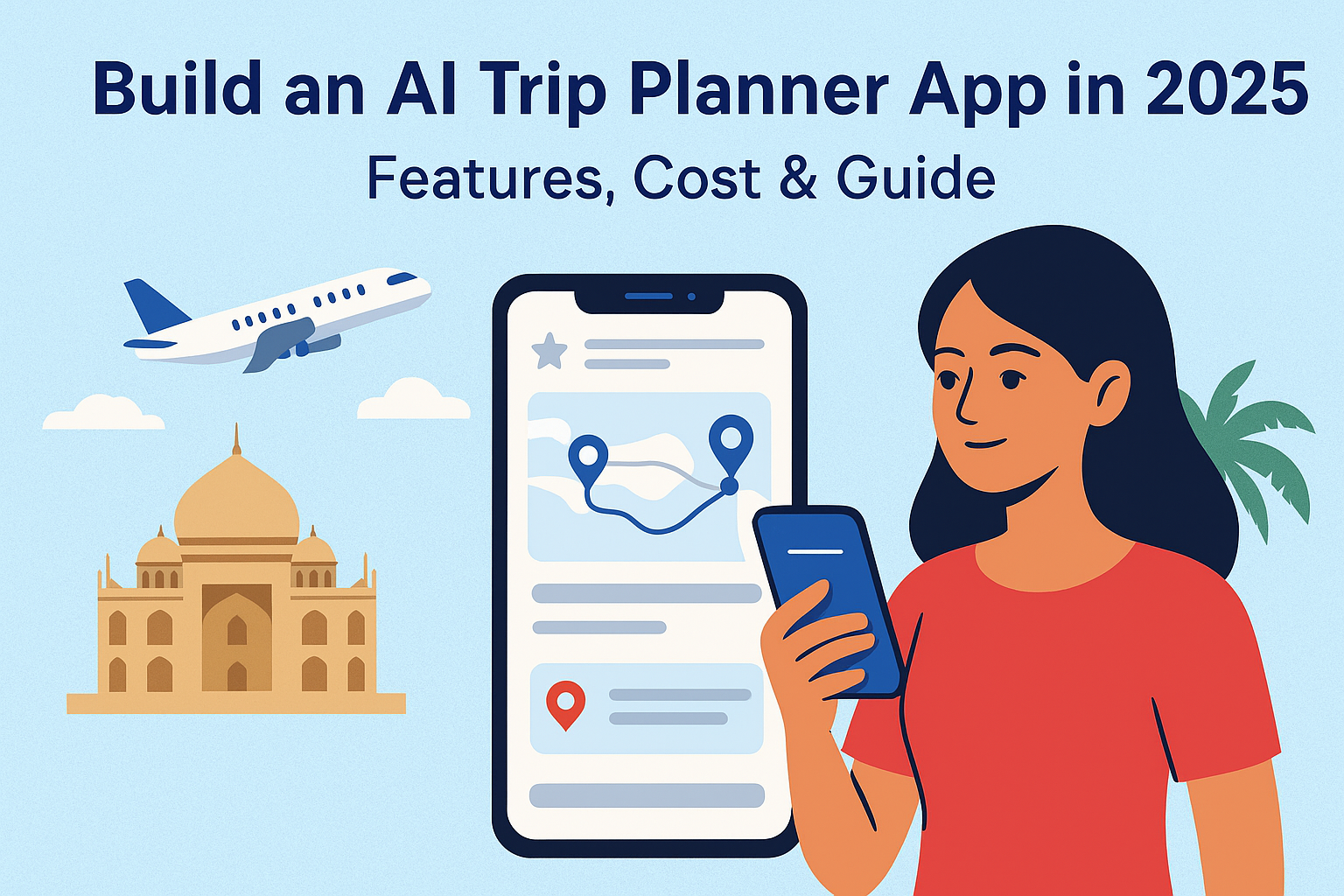As we move through 2024, PHP continues to be a dominant language for web development, powering almost 79% of websites. The right framework can drastically streamline development, enhance security, and improve performance. Here’s a breakdown of the top 10 PHP frameworks you should consider in 2024.
1. Laravel
Laravel has been the king of PHP frameworks for several years, and in 2024, it continues to reign supreme. Its elegant syntax, powerful tools, and extensive ecosystem make it a favorite among developers for building both small and large applications.
Key Features:
- Artisan CLI for automated tasks
- Built-in authentication and authorization
- Eloquent ORM for database management
- Blade templating engine
- Excellent community support and documentation
Laravel’s focus on simplicity and rapid development makes it a must-have framework for developers working on high-scale web applications.
2. Symfony
Symfony has built a strong reputation for being a robust and flexible framework, especially for large-scale enterprise applications. It’s modular, allowing developers to pick and choose the components they need.
Key Features:
- Reusable components
- Twig templating engine
- Flexibility to integrate with other systems
- Great for building microservices
Symfony is ideal for complex applications that require stability and scalability over time. It’s also the foundation for Laravel, further solidifying its credibility.
3. CodeIgniter
If you’re looking for something lightweight and fast, CodeIgniter is a perfect choice. It’s known for its minimal footprint and is ideal for small-scale applications or when performance is a priority.
Key Features:
- Small footprint (less than 2MB)
- Simple installation
- Excellent documentation
- Fast execution and low overhead
CodeIgniter’s simplicity and speed make it great for beginners and for projects where the timeline is short but performance matters.
4. Zend Framework / Laminas
The Zend Framework has now been rebranded as Laminas, but it retains the same powerful tools and architecture that have made it a favorite for enterprise-level applications.
Key Features:
- Built for enterprise-grade applications
- PSR-compliant
- Extensive integration with third-party libraries
- Strong security features
Zend/Laminas is a go-to for developers working on high-performance applications with complex requirements and strict security standards.
5. CakePHP
CakePHP is a veteran in the world of PHP frameworks. Its core strength lies in its simplicity and convention-over-configuration philosophy, making it an excellent choice for rapid development.
Key Features:
- Bake tool for code generation
- In-built security features
- Support for CRUD operations
- Easy-to-learn for beginners
CakePHP is great for developers who want a simple and efficient framework to build applications quickly without getting bogged down in configuration.
6. Yii
Yii stands out for its high performance and is perfect for building applications that require heavy traffic and complex interactions. Yii2 is especially loved for its advanced caching and lazy loading techniques.
Key Features:
- High performance due to lazy loading
- Gii code generator for fast prototyping
- Integrated security measures
- Works well with AJAX
Yii’s modular design makes it highly extensible, which is why it’s a favorite among developers building large, high-traffic websites.
7. Phalcon
Phalcon is unlike other PHP frameworks because it’s delivered as a C-extension, giving it exceptional performance. This makes Phalcon one of the fastest frameworks available.
Key Features:
- Delivered as a C-extension, making it extremely fast
- Low resource consumption
- Asset management
- Security tools
Phalcon is ideal for developers who need raw performance, especially in data-heavy applications.
8. FuelPHP
FuelPHP is a full-stack framework that’s flexible and extensible. It supports both the MVC and HMVC (Hierarchical Model-View-Controller) patterns, giving developers more control over how they structure their applications.
Key Features:
- Support for MVC and HMVC
- RESTful services built-in
- Enhanced security features
- Simple and lightweight
FuelPHP is great for developers who want a flexible, modern framework with security in mind, particularly when building APIs or SPAs.
9. Slim
Slim is a micro-framework that is perfect for building small applications and APIs. Its minimalistic approach makes it one of the best options for developers who want to create lightweight, high-performance applications quickly.
Key Features:
- Extremely lightweight and fast
- RESTful routing
- Middleware architecture
- PSR-7 HTTP message compliance
Slim is ideal for creating RESTful APIs or microservices where performance and simplicity are paramount.
10. PHPixie
PHPixie is another lightweight framework that’s designed for developers who want a simple, easy-to-use framework for creating high-performance web applications.
Key Features:
- Simple, straightforward structure
- High performance
- Strict adherence to the MVC design pattern
- ORM and caching built-in
PHPixie is perfect for developers who need a fast, minimalistic framework that still provides powerful tools for building modern web applications.
Conclusion
Whether you’re building a small-scale website, a complex enterprise solution, or a high-performance API, there’s a PHP framework out there to fit your needs. In 2024, Laravel and Symfony continue to dominate for full-stack development, while micro-frameworks like Slim and Phalcon offer excellent performance for lighter, more focused projects. Choosing the right framework will depend on the scale, complexity, and specific requirements of your application, but any of the frameworks listed here will help you build robust, secure, and high-performing PHP applications.



